While learning MATLAB, I came across a strange problem with my code. I am trying to receive a number as user input and determine whether the inputted number is in the desired range of 5.4±0.1. As you can see below, I took absolute value of the difference between input and 5.4 and checked if it is less than or equal to 0.1. By the code, any number between 5.3 and 5.5 should output "Part is good," but strangely, it doesn't work for the lower bound, 5.3. Every number between 5.3 and 5.5 works except for 5.3, and even 5.5 (the upper bound) works well. I am wondering if there is something with MATLAB that I am not aware of yet. Thank you!
part = input("Enter the length of a part"); %user input (height)
if (part<0) %if input is a negative number
error("Illegal input"); %error message
elseif (abs(part-5.4) <= 0.1) %if input is 5.4+-0.1
disp("Part is good"); %display 'part is good'
else % if not
disp("Part is not good"); %display 'part is bad'
end
